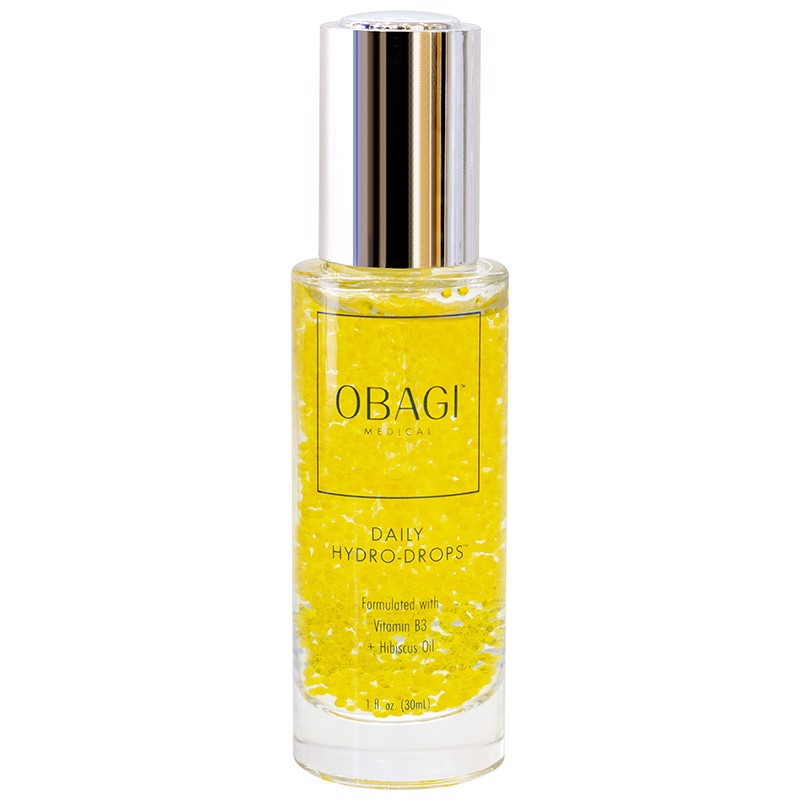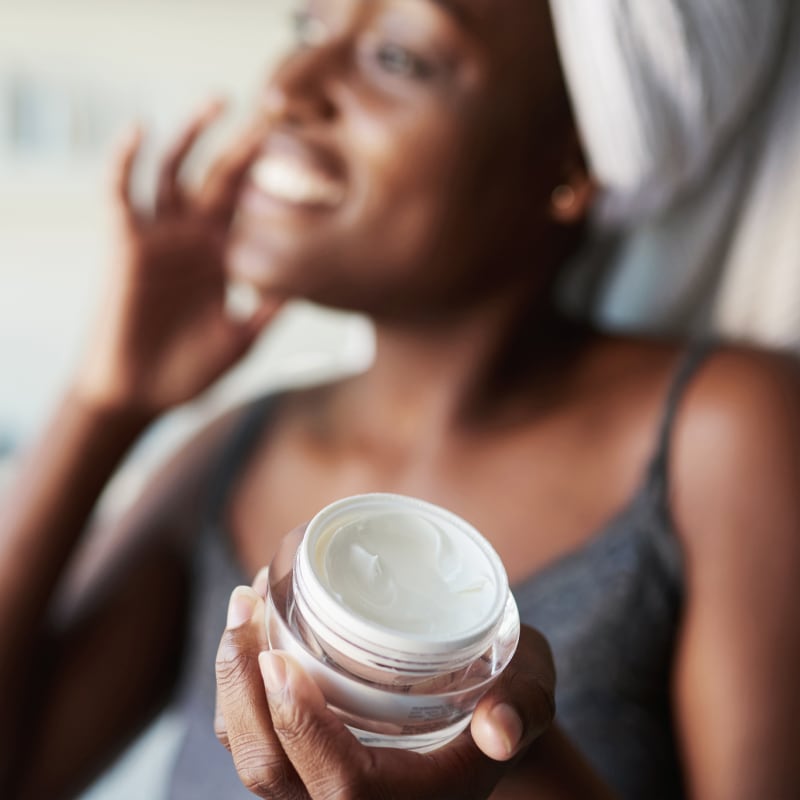All Things SPF
Posted on 4th June 2024
SPF, or Sun Protection Factor, is necessary to protect your skin from the damaging effects of ultraviolet (UV) rays. Applying SPF daily is essential to protecting your skin from sunburn and skin cancer, regardless of whether it is sunny outside or not. It can also significantly reduce early ageing in your face, fine lines and wrinkles caused by strong UV rays.
At Skinhubs, our facial SPF products come in a range of formulas to suit different skin types and preferences, including oil-free, antioxidant-rich, all-mineral and tinted sunscreens. Browse our sunscreens to keep your skin healthy, vibrant and protected all year round.
What is SPF?
Simply put, SPF is a measure of how well a sunscreen or suncream will protect the skin from UVA/UVB, blue light pollution and infrared radiation, which are the main causes of sunburn and skin damage which can contribute to further issues like skin cancer.
The SPF number indicates the level of protection the sunscreen provides and the amount of sun exposure you can ensure without burning compared to unprotected skin. For example, if you usually burn after 5 minutes without SPF protection, an SPF 50 product would theoretically let you stay in the sun for 150 minutes (5 x 50) before burning.
The amount of SPF protection you can find will vary. Typically, SPF 15 will block approximately 93% of UVB rays, SPF 30 will block approximately 97% of UVB rays and SPF 50 will block approximately 98% of UVB rays.
Finding your preferred sunscreen is essential to make sure it works well with your skin type. Sunscreens can be found in the form of lotions, creams, gels, sprays, and sticks.
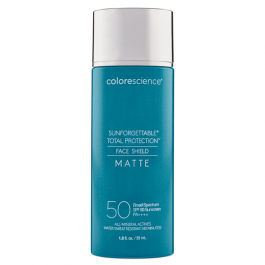
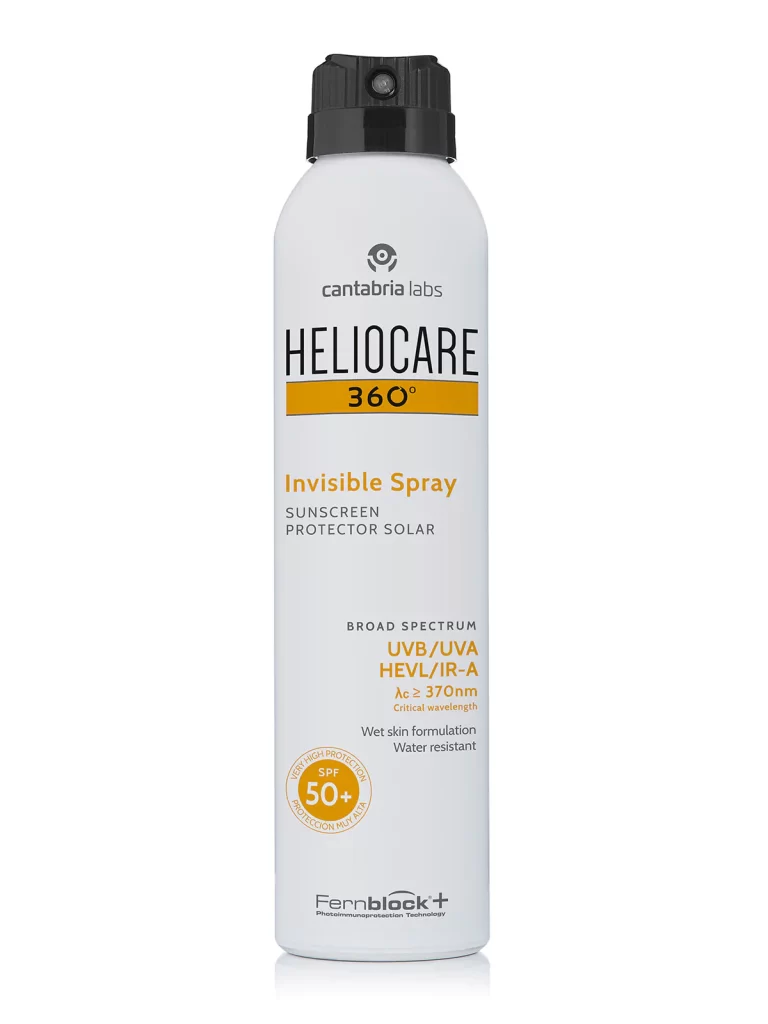
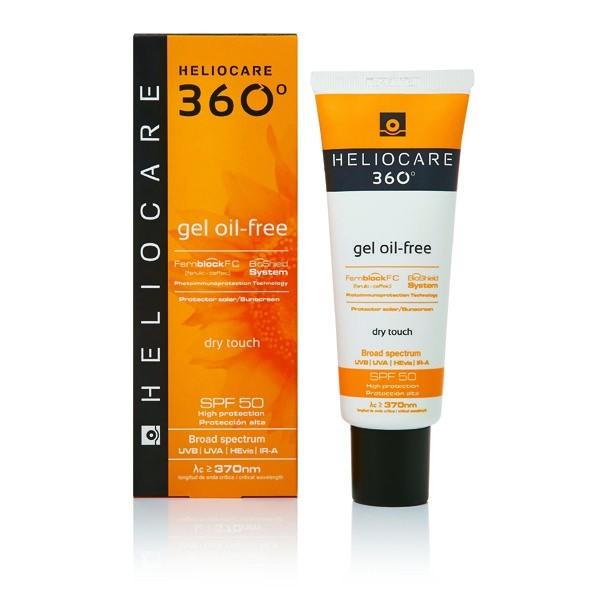
How Does SPF Work?
SPF works by absorbing, reflecting, or scattering the sun’s UV radiation, thereby protecting the skin from damage. Here’s how SPF works in three simple steps:
Step 1: Application
Apply the sunscreen generously to all exposed skin areas at least 15 minutes before going outside to allow it to absorb into your skin. Make sure that you have covered your skin evenly including ears, neck and the back of your hands.
When applying SPF to your face, choose products that are oil-free, mineral-rich, or contain skin tints and natural ingredients, as these will provide additional skin benefits. Mineral and oil-free SPFs are great for oily or acne-prone skin and tinted SPFs can be great for sensitive skin and blemish-prone skin.
Step 2: Absorption and Protection
Once applied, the active ingredients in the sunscreen, such as avobenzone, octocrylene, and zinc oxide, start to work. These ingredients either absorb UV radiation and convert it into heat, which is then released from the skin, or reflect and scatter the UV rays away from the skin.
Step 3: Reapplication
Reapply sunscreen every two hours, or more frequently if swimming, sweating, or towel drying. This ensures continuous protection, as the effectiveness of sunscreen can be reduced over time. Look out for water-resistant and sweat-resistant SPF to prevent this.

Benefits Of SPF
Using SPF has numerous benefits for maintaining healthy skin and preventing sun damage, especially if the products are antioxidant-rich, contain an all-mineral formula and feature helpful natural ingredients like Green Tea extract, Vitamin C and Vitamin E. Here are some of the benefits of using sunscreen daily:
- Decreased chance of sunburn
- Reduced risk of skin cancer
- Less chance of premature ageing
- A youthful appearance
- An even skin tone
- Protection against harmful UV radiation
Side Effects of SPF
While SPF is vital for protection against skin-damaging UV rays, it’s important to make sure the SPF you choose works well with your skin type to avoid skin complications. Other skin effects to be aware of include:
- Irritation, redness, or rashes
- Allergic reactions, including itching, swelling, and hives
- Acne breakouts through clogged pores
- Eye irritation
- Stained clothing
To avoid these side effects and determine whether an SPF works well with your skin, try patch tests and be aware of how your skin reacts to the product. To avoid staining your clothing, apply SPF to your face after applying your clothes and wash off before removing them.
Browse Our SPF And Protect Your Skin
SPF is an essential part of any skincare routine due to its powerful ability to provide your skin with UV protection and maintain healthy and youthful skin. It should be worn daily, regardless of the weather, as harmful rays can still pass through clouds.
At Skinhub, we have a wide selection of high-quality SPFs available to ensure you find the perfect sun protection for your skin type and skin needs, providing you with trustworthy sun protection. If you’re looking for a face SPF that offers additional benefits, shop our range of sunscreens.
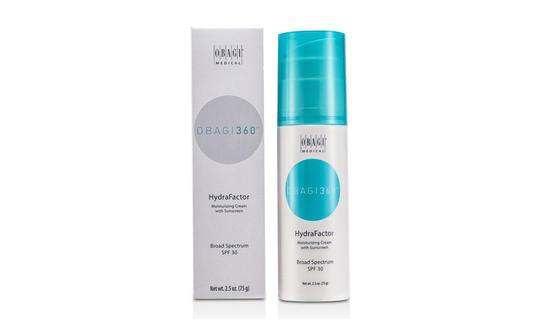
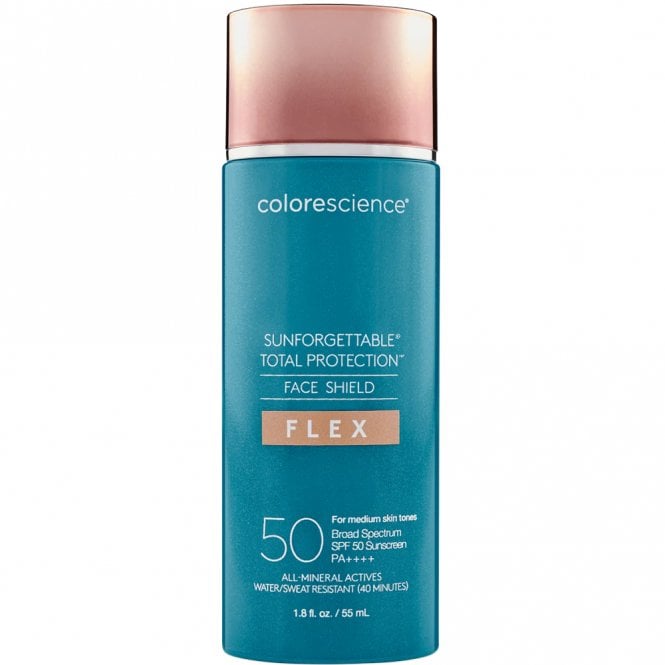
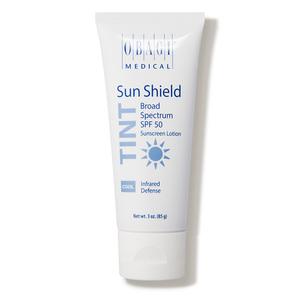
Face SPF FAQS
Should you use SPF 30 or 50 on face?
Using a sunscreen that is SPF30 or above will provide your skin with sun protection. Make sure to reapply as recommended.
Can I use SPF 50 on my face everyday?
Yes, you can (and you should) apply a high SPF to your face daily, like SPF 50. This helps to protect your skin from the dangers of sun exposure and helps to keep your skin looking youthful by reducing the chances of fine lines and wrinkles
Will my face still tan with SPF 30?
A high SPF, like SPF 30 and SPF 50 will not stop you from tanning, as no sunscreen provides 100% sunblock. If you are trying to avoid sun exposure, wear high SPF, stay in shady areas, and carefully consider your clothing choices.
Is SPF 30 or 50 better for acne?
If you have acne-prone skin, both SPF 30 and SPF 50 are great choices. Make sure to pay close attention to the ingredients within the sunscreen. Mineral sunscreen, non-comedogenic sunscreen and oil-free formula can be great for acne-prone skin. Also, make sure to consider your skin type when choosing products to prevent breakouts.

